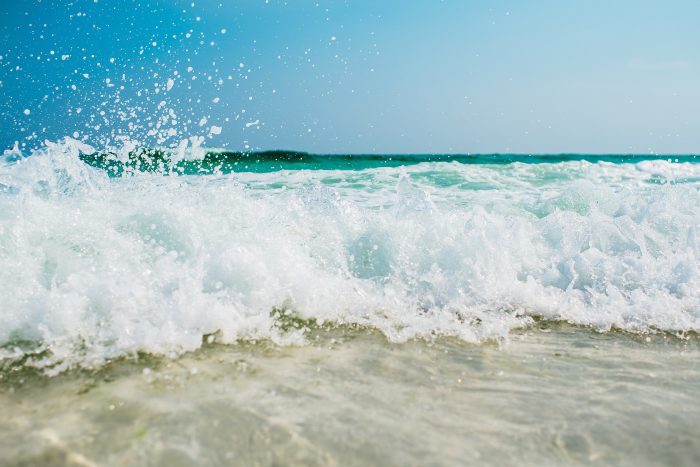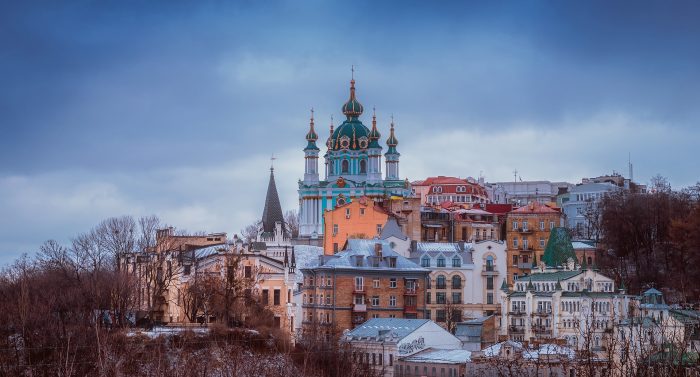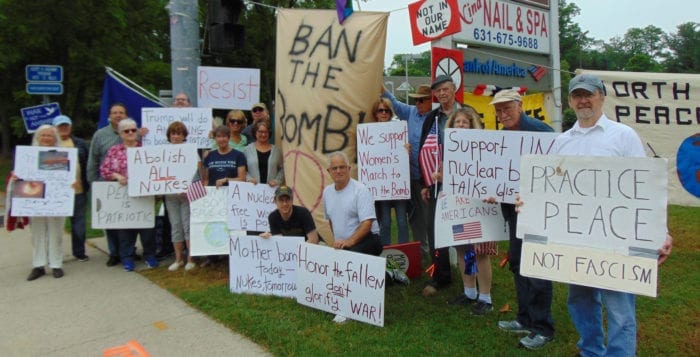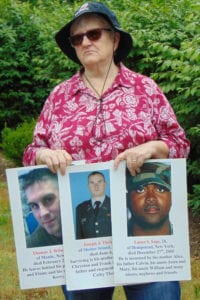Determined, passionate and committed representatives to the United Nations, including the United States, spent over 20 years trying to hammer out an agreement to protect 30% of the world’s oceans by 2030.
This past Saturday, after extending a deadline, representatives of 193 countries in New York verbally agreed to terms of a High Seas Treaty designed to reduce pollution, protect biodiversity and share ocean resources.
While individual countries still have to ratify the treaty, scientists like Ellen Pikitch, endowed professor of Ocean Conservation Science and executive director of the Institute for Ocean Conservation Science at the School of Marine and Atmospheric Sciences at Stony Brook University, praised the agreement.
“It’s fantastic,” Pikitch said. “It’s been needed for so long.”
Lisa Speer, a marine scientist and the director of the International Oceans Program at the Natural Resources Defense Council, has been working to educate and encourage government leaders to understand what’s at stake and how to protect the oceans.
“This is a big step forward for biodiversity conservation on a global level,” said Speer. “This provides me with a lot of encouragement.”
In addition to the educational and advocacy work she did over the years, Speer spent much of the last 36 hours at the U.N. surrounded by others who had slept on the floor or in various rooms and hallways amid the effort to get this treaty across the finish line.
“Everybody was really emotional,” she said, with spontaneous applause and cheers continuing for a long period of time. “A lot of us have been here since the beginning. There were celebratory hugs and thanks and tears of joy for the efforts of so many people” including some who were not in the room but had worked for decades on this treaty.
The view of the importance of biodiversity in the oceans has changed considerably over the last few decades.
“For most of human history, the high seas have been viewed as an empty wasteland,” Speer said. Now, however, people recognize that it’s “probably the largest reserve of biodiversity left on the planet.”
This treaty, Pikitch and Speer added, can and should help ensure that humans can explore and discover some of that biodiversity before it might otherwise disappear.
Speer is hopeful that United States senators, who will have a chance to vote on the treaty, recognize that the country has “a very strong interest in making sure it has a voice in decisions affecting half the planet. It’s in our interest to be full participants in that process.”
Pikitch, who is an expert in the field of Marine Protected Areas, suggested that the process of coming up with a framework to protect 30% of the world’s oceans by the end of the decade involved considerable back and forth with various interest groups within each country.
“It’s not that easy to determine how this area would be managed,” Pikitch said. Various groups have “concerns that differ among different parts of the global community.”
Pikitch pointed out that a Convention on Biological Diversity late last year agreed that the world would protect 30% of the lands and waters by 2030.
Pikitch said such a goal was unattainable without this High Seas Treaty, which addressed the parts of the ocean that had previously been off limits to such protections.
The treaty and the establishment of marine protected areas will be “huge for biodiversity,” Pikitch said.
Piktich suggested that the commitment over two decades and the increasing public awareness of the importance of ocean resources offers her hope that this treaty, for which numerous details are still in the works, will offer effective protection.
“There’s a huge amount of passion and commitment by countries of the world to work this out,” she said. “They did not give up.”









